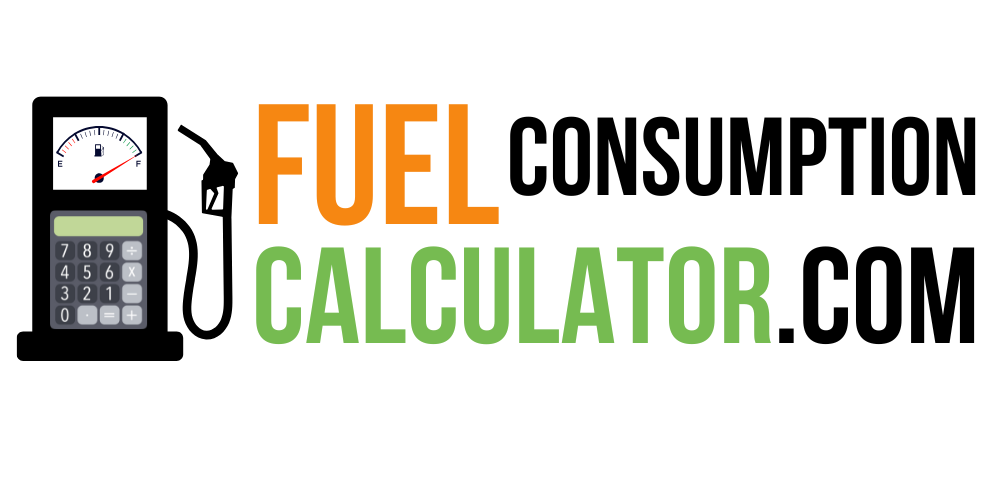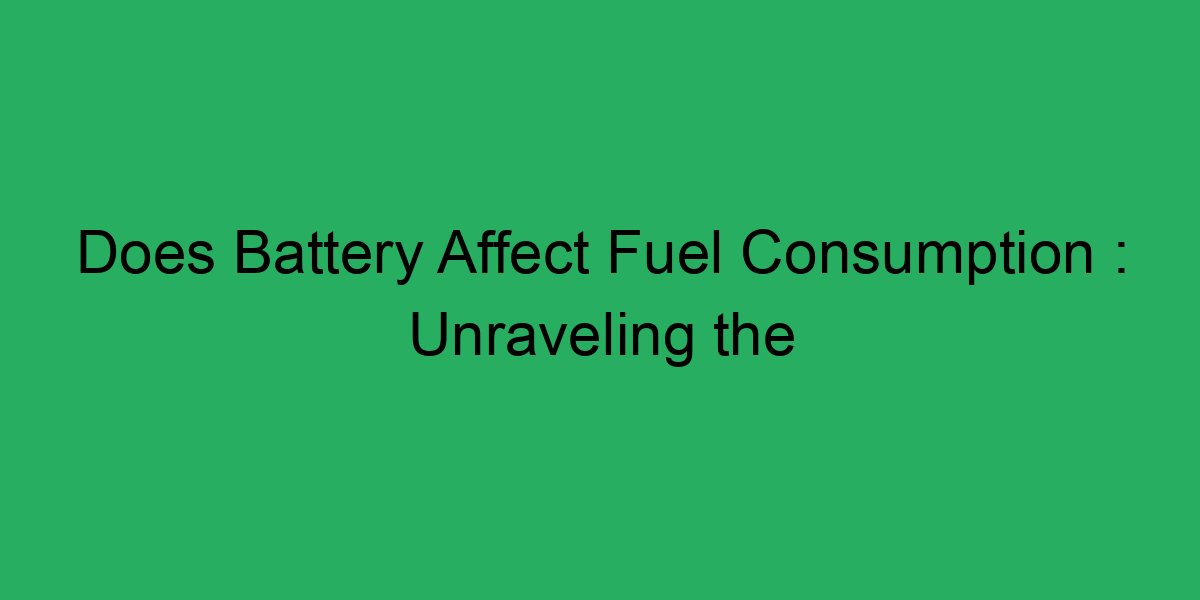Did you know that a weak or dying car battery can significantly impact your vehicle’s fuel efficiency? It might seem surprising, but the health of your car battery plays a crucial role in how your car consumes fuel. Here’s a glimpse into how a battery affects fuel consumption and what you can do about it.
Contents
Key Takeaways
- A weak or dying battery can decrease fuel efficiency by increasing the load on the alternator and engine.
- Inefficient fuel injection due to a weak battery can lead to poorer gas mileage.
- The battery’s impact on the vehicle’s computer system and accessories can also affect fuel consumption.
- Regular battery maintenance is crucial for optimal fuel efficiency.
- A healthy battery can lead to economic and environmental benefits through improved fuel efficiency.
How a Car Battery Impacts Fuel Efficiency
The Role of the Battery in Your Car
A car battery is more than just a component that starts your engine; it powers all the electrical components of your vehicle, including headlights, windshield wipers, and stereo systems. When the engine is running, the alternator charges the battery while also powering the vehicle’s electrical systems. A healthy battery ensures the alternator doesn’t have to work overtime to keep it charged.
Impact on the Alternator and Engine
When a battery is weak or failing, it places an extra load on the alternator. The alternator has to draw more power from the engine to recharge the battery, leading the engine to consume more fuel. This additional load can significantly decrease the vehicle’s fuel efficiency. For instance, a typical 100-amp alternator working at 50% capacity might consume about 2 horsepower, which, although small, can add up and affect overall fuel efficiency.
Effect on Fuel Injection and Combustion
A weak battery can also impact the fuel injectors, leading to less efficient fuel flow into the cylinders. This inefficiency results in poorer gas mileage, higher pollutants, and decreased fuel economy. The fuel injectors may not feed gasoline to the cylinders as effectively, causing the engine to run less smoothly and consume more fuel.
Impact on Vehicle’s Computer System and Accessories
A weak or dying battery can damage the vehicle’s computer system and accessories, limiting the detection of concerns with fuel consumption. This can lead to the car consuming more fuel than necessary without alerting the driver. For example, the Powertrain Control Module (PCM) and other sensors may not function correctly, causing issues with the engine, transmission, and powertrain.
Products to Improve Your Experience
Battery Maintenance and Testing Tools
To ensure your car battery is in good health, regular maintenance is key. Here are a few products that can help:
- Battery Testers: Tools like the Midtronics Battery Tester can help you diagnose the health of your battery accurately.
- Battery Chargers: A good battery charger, such as the CTEK Multi US 7002, can help maintain your battery when it’s not in use.
- Alternator Upgrades: If your alternator is under strain due to a weak battery, considering an upgrade like the Bosch AL9912B Alternator can help improve efficiency.
Examples and Applications
Real-World Case Study
A real-world test by Edmunds on three vehicle models showed significant fuel economy savings when the auto start-stop system was engaged versus disabled. However, when a bad battery was present, the fuel consumption increased by between 12 and 15%. This highlights the importance of maintaining a healthy battery for optimal fuel efficiency.
Personal Experience
A user on Reddit noticed a drop in fuel mileage when their car battery started failing. After replacing the battery, the fuel mileage improved significantly. This anecdotal evidence supports the idea that a weak battery can negatively impact fuel efficiency.
The Bottom Line
Maintaining a healthy car battery is not just about ensuring your car starts every morning; it’s also about optimizing your fuel efficiency. By understanding how a weak battery affects your car’s fuel consumption, you can take proactive steps to maintain your battery and alternator. Here’s what you can do:
- Regularly Check Your Battery: Use a battery tester to ensure your battery is in good health.
- Replace Your Battery When Necessary: Don’t wait until your battery fails completely; replace it when it shows signs of weakening.
- Maintain Your Alternator: Ensure your alternator is not under undue strain by keeping your battery in good condition.
By taking these steps, you can improve your car’s fuel efficiency, save on fuel costs, and contribute to a more environmentally friendly driving experience. So, the next time you think about your car’s performance, don’t forget the humble battery – it might just be the key to better fuel economy.

Hi, I’m Sufiyan, the developer behind this platform. I created FuelConsumptionCalculator.com to simplify fuel tracking for everyone — because understanding your vehicle shouldn’t require a degree in mechanics. I’m always working on adding more tools and content to make this site even more useful

